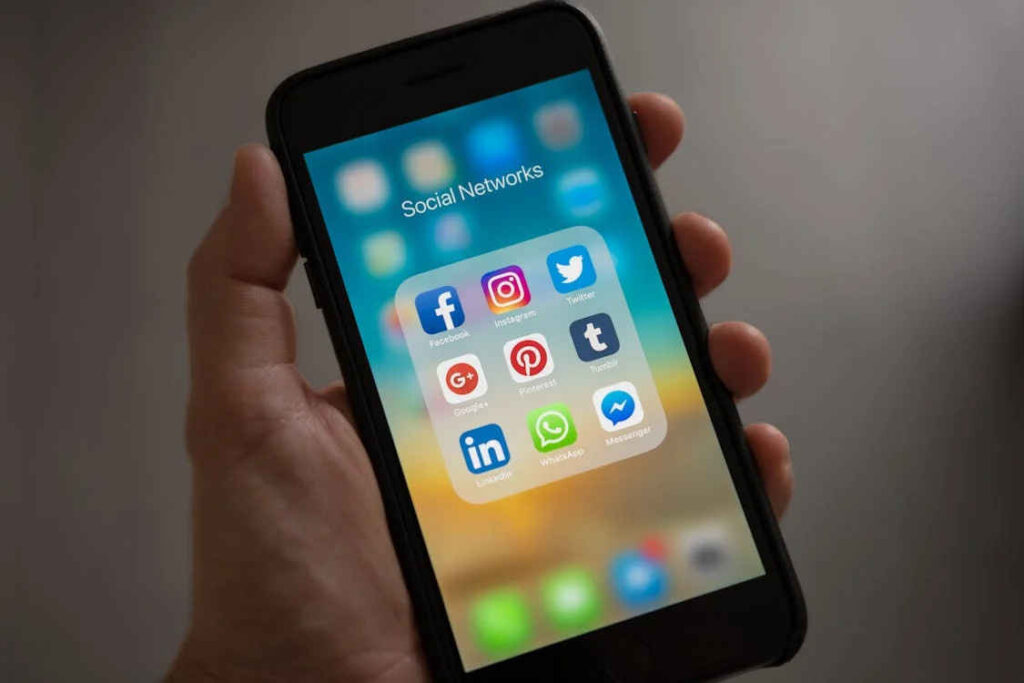Australia has started a global debate with the passage of unprecedented legislation banning children under 16 from using social media platforms, including TikTok, Instagram, Snapchat, and Facebook.
Passed by the Senate in a 34-19 vote, the law comes with hefty fines of up to $50 million for tech companies that fail to comply. Set to take effect by the end of 2025, the legislation has drawn mixed reactions worldwide.
Prime Minister Anthony Albanese defended the move as critical to safeguarding young Australians’ mental health and wellbeing.
“Social media is doing social harm to our children, and I want Australian parents to know that we have their backs,” he said, emphasizing the government’s commitment to decisive action. Communications Minister Michelle Rowland echoed these sentiments, citing widespread parental concerns over the impact of social media on children.
The ban prohibits parental consent exemptions and relies on yet-to-be-finalized age verification technology, placing the burden of enforcement squarely on social media companies. Critics argue that the rushed legislation, passed after just three hours of Senate debate, lacks clarity on how it will be implemented and its broader implications.
International reactions
The legislation has dominated headlines worldwide. Swiss newspaper *Blick* described it as “urgent action” to protect children, supported by a poll revealing 78% of Swiss citizens favor similar restrictions. In the UK, Technology Secretary Peter Kyle expressed interest in exploring the Australian model. Conversely, outlets like *The Independent* highlighted concerns about enforcement challenges and the potential harm to marginalized communities.
Global youth reactions have been divided. A Spanish student called the move “very crazy,” while an Italian waiter praised it as a “necessary step to save the next generation.”
Industry pushback
Tech giants, including Google, Meta, and TikTok’s parent company ByteDance, have criticized the law. Elon Musk, owner of X (formerly Twitter), condemned it as a “backdoor way to control access to the Internet.” Critics on social media warned of a slippery slope toward digital ID systems and increased government control.
Meanwhile, the Australian government insists VPNs and other circumvention tools will not undermine the law. Still, some argue the ban infringes on digital freedoms, with opponents warning of potential political backlash.
Local support
Polling suggests strong domestic support, particularly among parents. Advocacy groups like Wait Mate have celebrated the ban as long-overdue relief for families. “We’ve been trapped in a norm that no one wants to be a part of,” said Amy Friedlander, a mother of three.
The legislation builds on campaigns like *News Corp’s Let Them Be Kids*, which called for raising the social media age limit based on expert advice.
As Australia positions itself as a pioneer in youth online safety, questions linger about the feasibility and consequences of its approach. Governments worldwide will be closely watching the outcomes, as they weigh similar measures in their own countries.
For now, the social media ban has placed Australia at the center of a global conversation about technology, regulation, and children’s wellbeing. Whether it leads to greater protection or sparks broader debates about digital freedom remains to be seen.
Image credit: Tracy Le Blanc

If children are so important to the Australian government, why don’t they ban flouridation of water supplies and take a serious look at the school curriculum? Overreach much?
Social media offers kids a place where they can compare notes and see past our corporate media sponsored bullshit. That’s why we banned it.
Parents anywhere?
Total overreach which sets up increased future control over people.
Simply a Trojan Horse for digital IDs.
The scheming government dimwits are getting far too obvious.
Meanwhile, child safe Australia poisons their children with mRNA infections.
The people here in the comments have it right.
No one gave one iota of an F for the past twenty years since Facebook and Twitter arrived that kids were being groomed by predators, cyberbullied into anorexia and suicide, propagandised with LGBT insanity, climate nonsense and pro-migration propaganda.
Only now that it seems Gen Z are rebelling against the programming and turning CONSERVATIVE is it suddenly “imperative” that someone ban them from the internet. And make no mistake, that bill will eventually be expanded beyond social media and applied to things like Youtube, Rumble, Tik Tok and twitch etc – all the places where the counter culture exists. They want your kids’ only source of information to be their unhinged blue-haired school teacher once more.
And yes, as others have already pointed out, it’s not even about the kids anyway. It’s REALLY about that sweet sweet digital internet ID they’ve wanted since at least 2020.
“We want Australian parents to know, we’ve got your backs…”
lol, as if.